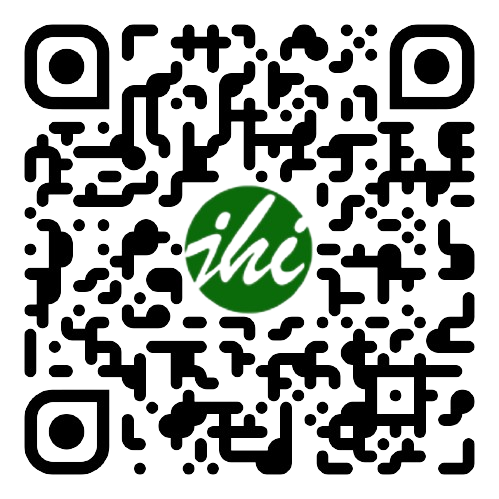Pemberlakuan Sanksi Pelaku Nikah di Bawah Umur
DOI:
https://doi.org/10.28918/jhi.v15i2.932Abstract
This current study aims to discuss child marriage, particularly for the punishment meted out for the perpetrators. This punishment has never received a special attention in the classical Islamic jurisprudence (fiqh) since child marriage is legitimate and not a prohibition, especially according to the four mainstream schools of Sunni jurisprudence (mazhab). However, in the era of contemporary Islam, this marriage is judged to have a negative impact for social life. Through a normative or perspective approach, this study was explored by using several theories, namely: the theories of mukallaf development and law competency (ahliyah) and of uqubah al-ta’zir (punishment of ta’zir). The research results reveal that firstly, child marriage is prohibited due to lack of maturity (rusyd), and immature children are regarded as incapable of having marriage (ahliyah al-ada’ al-naqisah). It indicates that this kind of marriage demonstrates greater negative effects than positive ones, but it is classified into harm li gairih. This category of harm is due to an external factor, namely: marriage is principally declared in Islamic law. Secondly, the punishment meted out for the perpetrators of child marriage is deemed to be in line with the Islamic law. It is due to the fact that in theory of ushl al-fiqh, a prohibition exists as a consequence for the form of ta’zir punishment regulated by the government.
Downloads
Published
How to Cite
Issue
Section
License

This work is licensed under a Creative Commons Attribution-ShareAlike 4.0 International License.
Jurnal Hukum Islam use a variety of waivers and licenses that are specifically designed for and appropriate for the treatment of data:
- Open Data Commons Attribution License, http://www.opendatacommons.org/licenses/by/1.0/(default)
- Creative Commons CC-Zero Waiver, http://creativecommons.org/publicdomain/zero/1.0/
- Open Data Commons Public Domain Dedication and License, http://www.opendatacommons.org/licenses/pddl/1-0/
Other data publishing licenses may be allowed as exceptions (subject to approval by the editor on a case-by-case basis) and should be justified with a written statement from the author, which will be published with the article.













.png)














